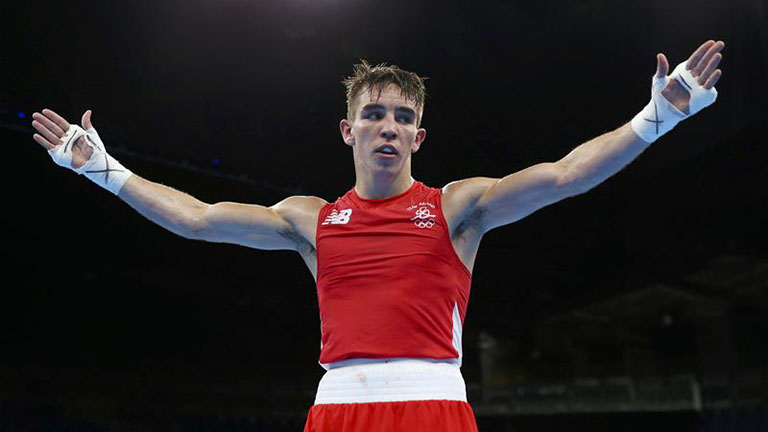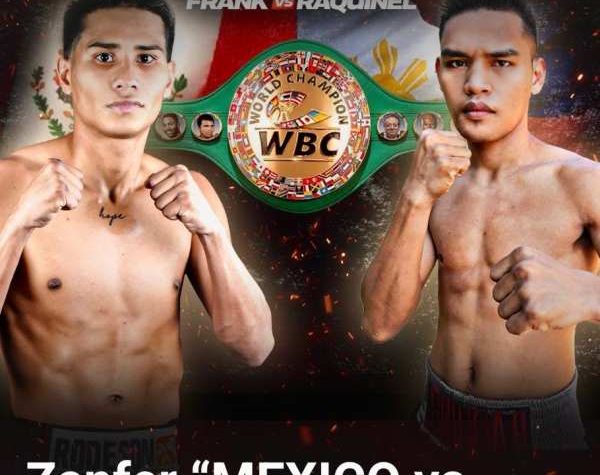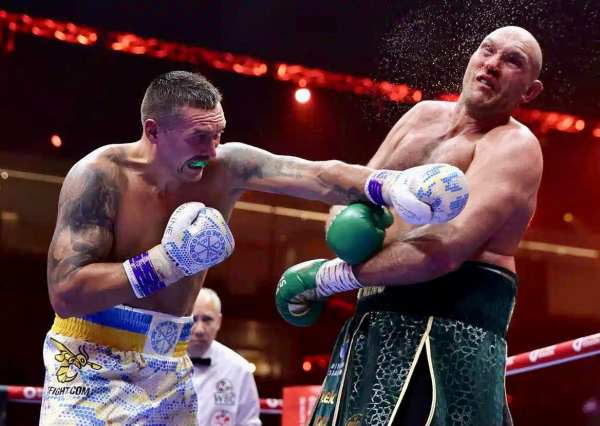
AIBA’s investigation into the Rio 2016 Olympic Games reports back, writes John Dennen

Action Images/Reuters/Peter Cziborra
By boxingnewsonline.net
THE Special Investigation Committee set up to investigate the practices and procedures of officials during the boxing tournament at last year’s Olympic Games has reported back to AIBA, the world governing body. This report denied that judging decisions at Rio 2016 had been actively rigged but did find that there had been a detrimental impact on its operating efficiency. At the biggest tournament of all, in-competition best practice had been affected.
AIBA however will not be reallocating the medals awarded at Rio 2016.
This was an internal investigation, with members of AIBA’s Refereeing and Judging, Technical and Rules and Disciplinary Commissions making up the committee. It was conducted over two months and encompassed more than 50 interviews. Its findings indicated that “due to a lack of proper procedural norms, a concentration of decision-making power and the assigning of roles assumed by former senior management that had a detrimental impact on in-competition best practice,” although there was “no active interference in the results”.
There were a number of decisions at Rio 2016 that prompted outrage, including the 91kgs final, Michael Conlan’s quarter-final, Joe Joyce’s super-heavyweight final and others. During the Games several judges were stood down and AIBA’s executive director Karim Bouzidi was ‘reassigned’. Afterwards all the referee and judges involved in Rio 2016 were suspended while AIBA carried out their investigation. AIBA did say the suspension was a preventative measure and not indicative of wrong-doing. The 36 suspended referees and judges will be reintegrated into the sport on a case by case basis.
They put the issues with decision-making at Rio 2016 down to “unprofessional relationships within AIBA [which] had created an atmosphere of collusion between senior management and the Five-Star referee and judges that undermined the organisation and had a negative impact on its operating efficiency”. This reveals that there were indeed problems with the five-star judges, the group of seven elite officials that were meant to set the standards of professional for all their officials. The five-star judges disappeared from the Olympic competition after the uproar that greeted the contentious Conlan decision. The five-star system has now been disbanded.
In defence of their officials AIBA stated, “The subjectivity of scoring is part of what makes the sport unique, and the nature of the contest means that strong opinions are formed by teams and fans, but that should not impact negatively on the integrity of the officials.”
The other changes that AIBA are implementing in reaction to this are using all five judges’ scorecards to determine a victor in a bout, the draw commission has been removed and replaced by an automated system and now neither the executive director nor any AIBA staff member will have a role on the field of play. They will also be looking into the feasibility of processes for decisions to be appealed in future.
“AIBA defends the integrity of its expert R&Js who operate in difficult, subjective circumstances, but we have shown that we are also not afraid of making difficult decisions for the good of boxing. An unwelcome axis of influence and sole decision-making had been created and used by former Senior Management that led to a lack of due process being carried out. We moved immediately to re-empower our commissions and use their expertise in order to decentralise the decision-making and re-establish our procedures,” said AIBA president Dr. Ching-Kuo Wu.
“Whilst there is no evidence that this had a direct influence on results in Rio, if best practice is not followed 100% of the time by our officials and R&Js [referees and judges], that is unacceptable. The SIC [Special Investigation Committee] have conducted a thorough investigation and many of their recommendations, including the disbanding of the 5-star R&J structure and placing control of the FOP [field of play] back in the hands of the Tournament Supervisor, have already been put into place. These actions will ensure even greater consistency and transparency in our officiating as we head into the new Olympic Cycle.”






More News
Casimero TKO’s Sanchez in 1st round
Raquinel wins WBC Continental Americas super flyweight title
Frank vs Raquinel on ABEMA LIVE PPV